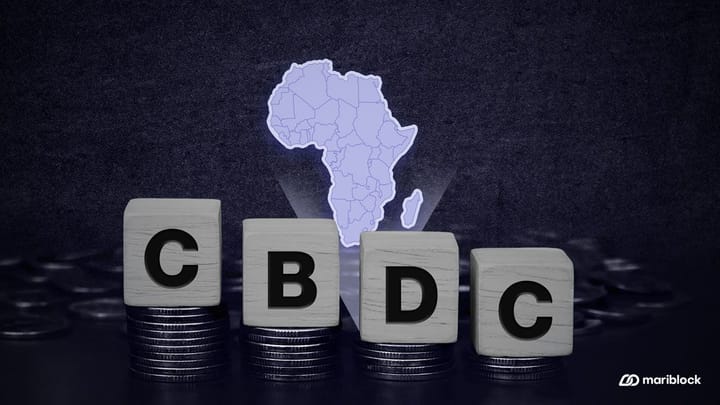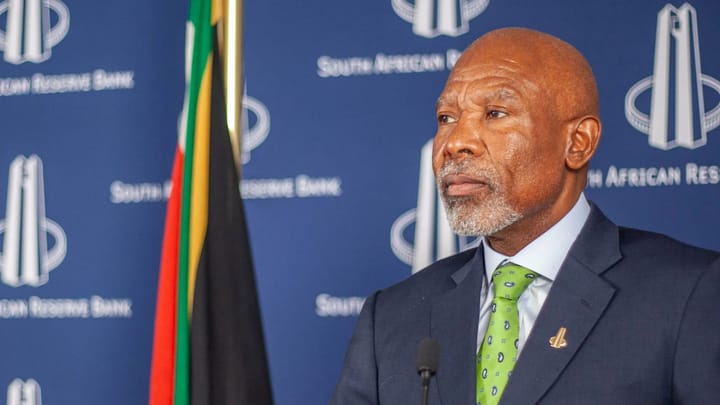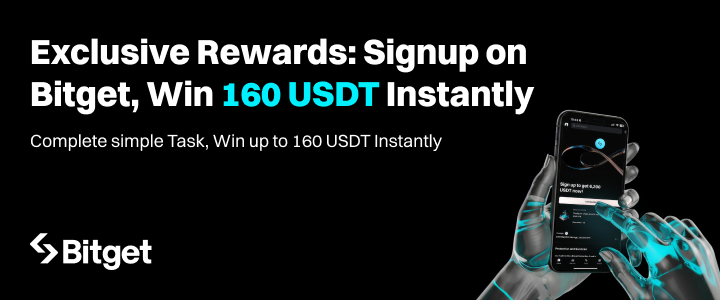Mastercard expands partnership with Circle to enable stablecoin settlements in EEMEA
The two companies have already partnered on crypto card solutions with Bybit and S1LKPAY, which use USDC to settle transactions.

Mastercard is partnering with Circle to allow banks and payment processors in the Eastern Europe, Middle East, and Africa (EEMEA) region to settle transactions using stablecoins like USDC and EURC.
Key details
- Announcing the development in a press release, Mastercard said Arab Financial Services and Eazy Financial Services will be the first institutions to use this new system.
- They will now have the option to receive their settlements in USDC or EURC, which they can then use to pay merchants.
- Mastercard says this will make cross-border trade in emerging markets cheaper, faster, and more reliable.
- The expansion builds on earlier work between Mastercard and Circle. The two companies have already partnered on crypto card solutions with Bybit and S1LKPAY, which use USDC to settle transactions.
Key quote
- Dimitrios Dosis, president for Eastern Europe, Middle East, and Africa at Mastercard said:
“This is a key move for Mastercard. Our goal is to bring stablecoins into the financial mainstream by investing in the infrastructure, governance, and partnerships to support this payment evolution from fiat to tokenized money.”
- Kash Razzaghi, Chief Business Officer at Circle, added:
“Expanding USDC settlement across Mastercard’s vast network is a pivotal step toward borderless, real-time commerce. Together with Mastercard, we are advancing the role of stablecoins as a foundational tool for everyday financial activity worldwide.”
Why it matters
- Africa’s digital economy is expanding rapidly, but payments remain fragmented and costly. Sub-Saharan Africa remains the world’s most expensive region for sending money, with average remittance fees at 8.45% per transaction in the third quarter of 2024, according to the World Bank.
- In some countries, costs climb as high as 20%, underscoring the significant barriers to affordable money transfers into the region.
- This initiative could complement efforts such as the Pan-African Payment and Settlement System (PAPSS), which settles regional trade in local currencies but does not yet address foreign currency flows.




